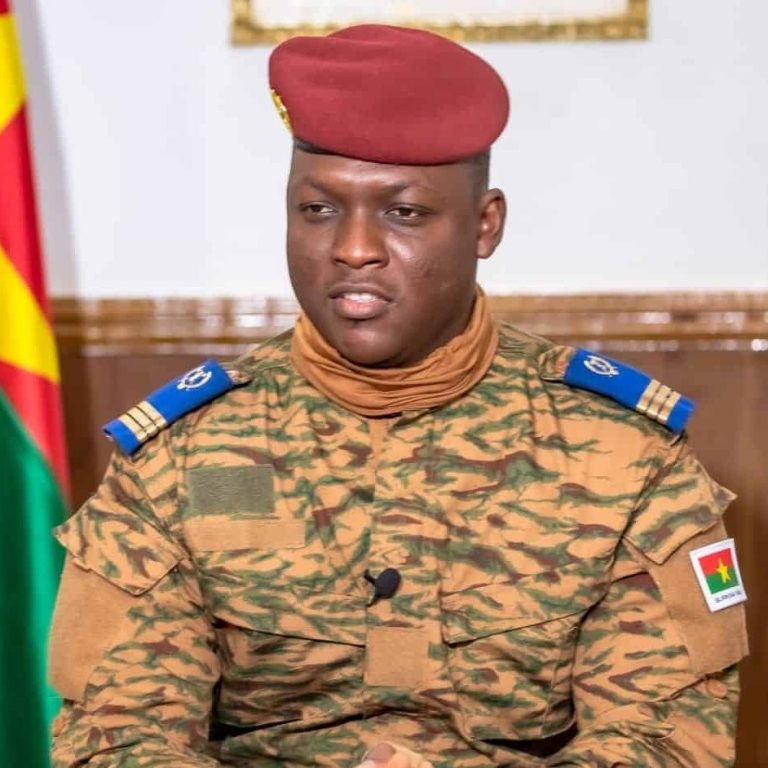In a step toward addressing its chronic electricity challenges, Burkina Faso has entered into a strategic partnership with Russia to develop nuclear energy capabilities, signaling both an ambitious energy transition and a shift in its global alliances.
The agreement, formalized between the Burkinabé government and Russia’s state-owned nuclear energy corporation, Rosatom, includes plans to build the country’s first nuclear power plant. Beyond infrastructure, the deal emphasizes training Burkinabé personnel, developing local capacity, and raising public awareness about nuclear energy.
With less than a quarter of its population currently having access to electricity, Burkina Faso sees nuclear energy as a long-term solution to power shortages that have hindered industrial growth and rural development for decades. Officials describe the initiative as a key part of the country’s broader strategy to reduce dependence on fossil fuels and support sustainable development.
“This is not just about producing more energy,” said a senior official familiar with the agreement. “It’s about reshaping our economic future, creating jobs, and building a stronger, self-reliant nation.”
The partnership also reflects a growing trend among African nations to diversify global partnerships, particularly in the wake of geopolitical shifts and changing regional dynamics. Since the 2022 military-led transition, Burkina Faso has increasingly leaned toward non-Western allies for development and security cooperation. The nuclear agreement with Russia is seen as one of the most significant manifestations of this pivot.
Rosatom, one of the world’s leading nuclear technology providers, will support Burkina Faso in several areas—education, research, infrastructure, and community engagement—with the goal of launching a fully operational nuclear facility by 2030. Schools and universities are expected to benefit from new training programs and international exchanges to build a workforce ready for the nuclear age.
Experts believe this move could be transformative, but they also caution that success will depend on consistent political will, effective project management, and transparent community engagement.
As global conversations around clean energy intensify, Burkina Faso’s bet on nuclear power places it among a growing number of African nations looking to chart their own path toward energy independence—one reactor at a time.


